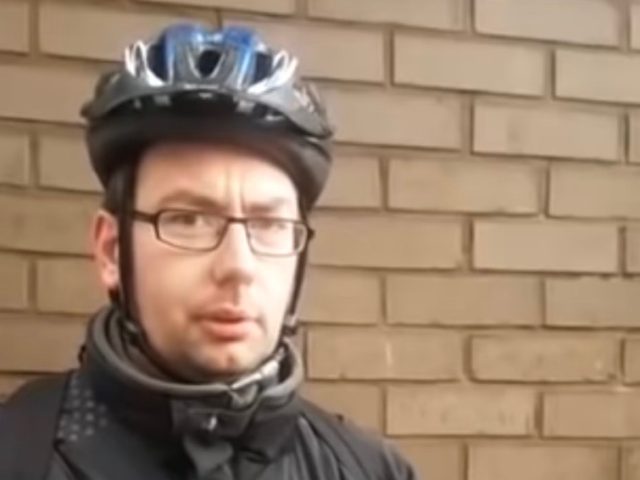The Supreme Court of the United Kingdom has ruled that evidence collected by paedophile hunter groups is admissable in prosecutions, rejecting an appeal from a convicted paedophile who claimed that Groom Resistance Scotland invaded his privacy.
On Wednesday, Britain’s highest court rejected a legal challenge brought by convicted paedophile Mark Sutherland, who was found guilty in August 2018 for attempting to communicate indecently with a child.
Mr Sutherland argued that his privacy rights were violated under Article 8 of the European Convention on Human Rights after Groom Resistance Scotland posed as a 13-year-old boy ‘decoy’ on the gay dating app Grindr. The paedophile hunter group confronted Sutherland in Glasgow, filming the encounter, and handing the evidence to the local police.
In a unanimous ruling, the Supreme Court found that evidence clandestinely collected by paedophile hunter groups does not violate a paedophile’s right to privacy, according to The Telegraph.
Justice Lord Sales said of the decision: “Children have rights under Article 8 as well. Under that provision, the state has a special responsibility to protect children against sexual exploitation by adults.
“This indicates that there is no protection under Article 8 for the communications by the accused in this case. The interests of children have priority over any interest a paedophile could have in being allowed to engage in the criminal conduct in issue here.
“Since the state has to deter offences against children in order to protect their rights, the public prosecutor was entitled to introduce the evidence from the decoy at the trial of the accused to try to secure a conviction.”
The ruling means that evidence collected by paedophile hunter groups will be allowed to be used in future prosecutions. However, the National Police Chiefs’ Council (NPCC) said that they do not “endorse” the practice of paedo hunting.
Assistant Chief Constable Dan Vajzovic, NPCC lead for online child abuse activist groups, said: “We do not endorse these groups and will not work with them. Unlike our officers, these groups don’t offer any protection to victims, their evidence is often poor, and some do it as cover for extortion and blackmail.”
“As with every crime, if a member of the public passes information or evidence to the police, we will investigate. There are legitimate ways for the public to support the police and share information,” Vajzovic added.
Follow Kurt on Twitter at @KurtZindulka

COMMENTS
Please let us know if you're having issues with commenting.